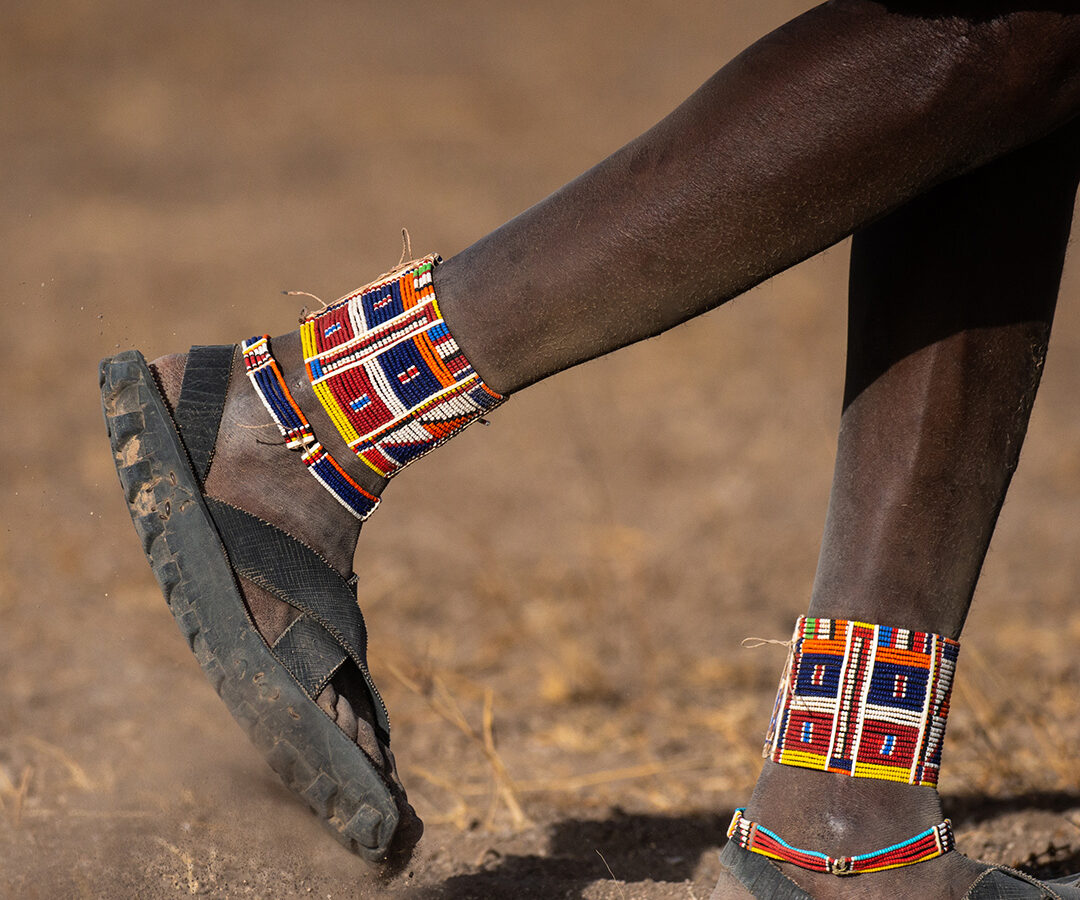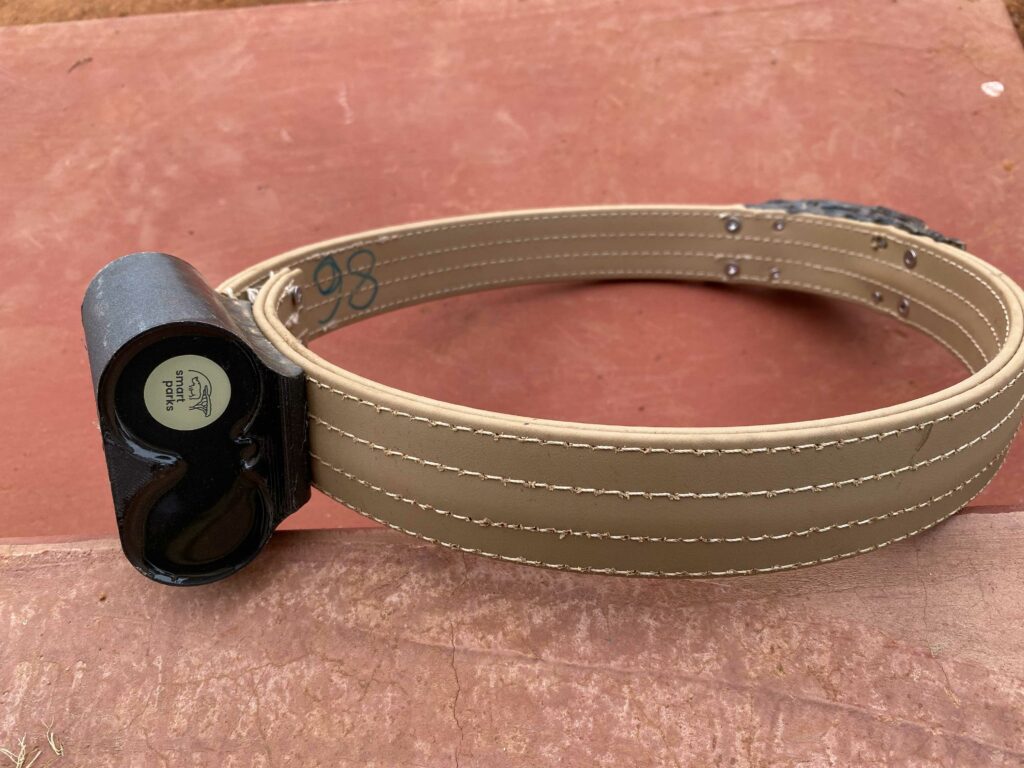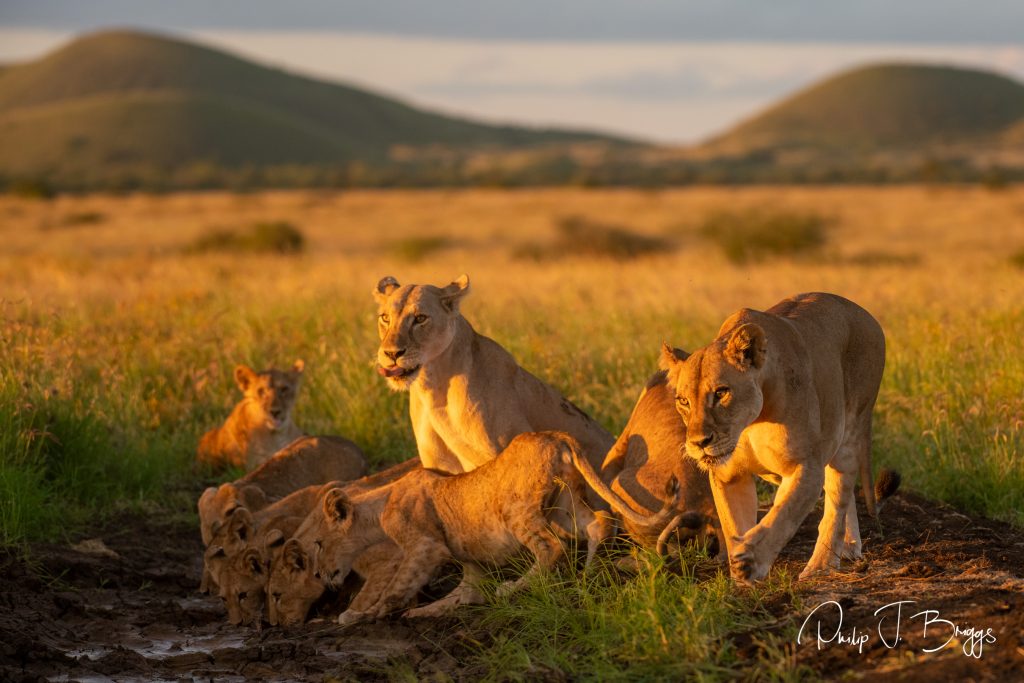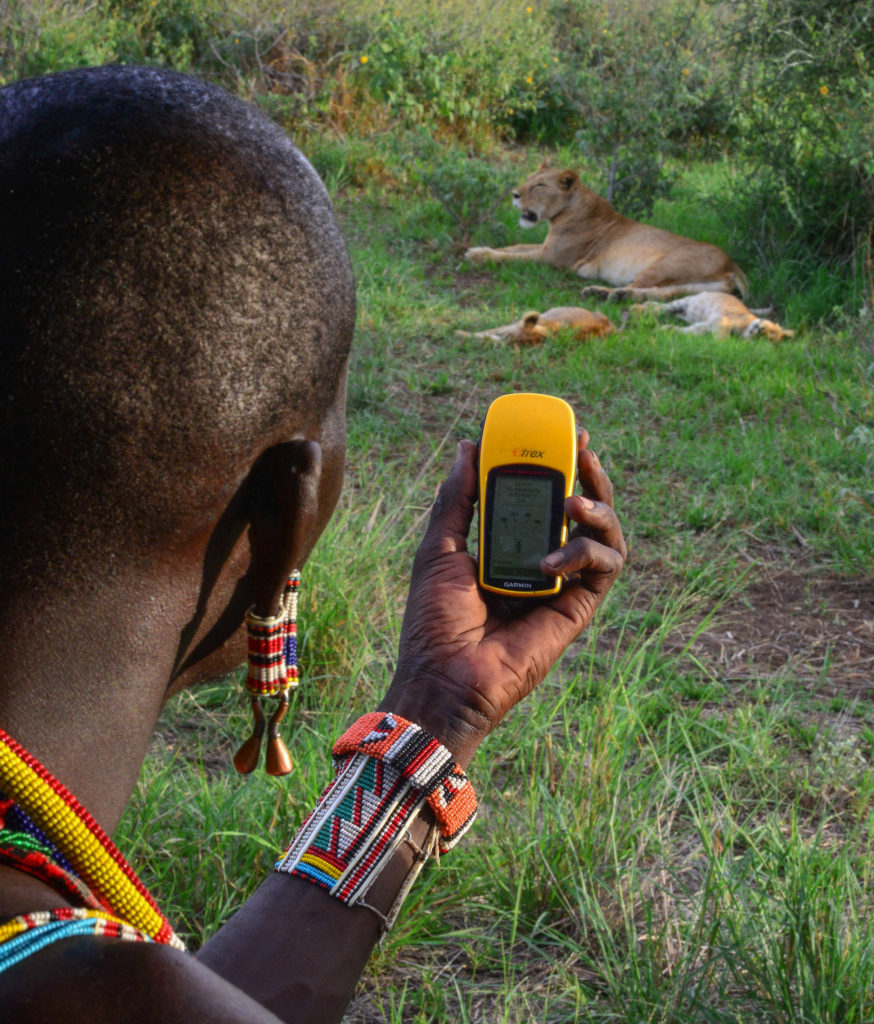Innovation & Collaboration: Open-Source Conservation for Bigger Impact

At Lion Guardians, it is our objective to share our knowledge and experiences with other conservation organizations and partners. We believe through openly sharing our successes, our challenges, our data, and our tools, that we can further conservation impact more effectively across the globe. We refer to this as ‘open-source conservation.’
We strongly believe that the preservation of lions and cultures requires collective efforts from entire communities, so we have proactively developed innovative tools to enhance conservation effectiveness with the goal of mitigating human-lion and lion-livestock conflicts. Below we delve into an overview of our work in open-source conservation over the past year.
Going Digital with LoRaWAN(Long Range Wide Area Network) & EarthRanger
Since 2004, we have been working hard collaring lions to help track and preempt conflicts. We have focused most collaring efforts on the lions that we refer to as ‘chronic problem lions’, i.e. lions that are at higher risk of conflict. Through our efforts we have noted many challenges with current GPS collars; high failure rates (despite being expensive), insufficient battery life, large and bulky sizes, and most of all, the collars are not effective conflict mitigation tools. For these reasons in 2021, in partnership with Tech 4 Conservation (T4C), we decided to design a new system for tracking and alerting technology (LoRaWAN collars plus mobile gateways around erupting conflict hotspots), to facilitate our teams in finding problem lions to mitigate conflicts faster.
LoRaWAN technology has been used successfully in the cattle industry to track animal location and movement. Lion Guardians and T4C are working to integrate the LoRaWAN trackers into collars for well-known conflict-prone lions. We track the conflict-prone lions by placing small mobile LoRaWAN gateways that pick up signals from the lions’ collars (fitted with LoRa tags) in conflict hotspots, to detect the lions once they cross a specified perimeter. Notifications of the intrusion are then relayed via EarthRanger software and SMS alerts. This early warning system allows our teams to respond with greater speed when lions wander into high risk areas near homesteads, increasing our ability to effectively mitigate conflict.
In 2022, we secured the equipment that makes it possible for Guardians to record their activities and data on lion tracks, lion prey, and incidences of livestock killed by lions, and feed this data directly into their smart devices which connect to our EarthRanger platform. This allows us to see activities on the ground in near-real time.
Our goal is to have a full digital suite of the monitoring teams, the Guardians, and the most problematic lions in the ecosystem all online. We will share our knowledge of these systems openly with other conservation organizations and interested stakeholders in the ecosystem, so they can also leverage the same gateway units installed by Lion Guardians.

Knowledge Sharing App
We created a smartphone application that acts as a platform for sharing knowledge and lessons learned from almost 20 years in conservation. The app has been designed to be used internally within our organization and externally with other conservation organizations and partners. The app also documents traditional Maasai conservation knowledge and has an offline version that will be released to Guardians on their smartphones, which contains videos and audios for them to access in Maa (native language of the Maasai). We aim to launch the app in late 2023 – stay tuned! Learn more about our Knowledge Sharing App by checking out our latest YouTube video.
Lion Identification Network of Collaborators (LiNC)
LiNC is an open-source database with AI algorithms that are freely available to conservationists and researchers across Africa and beyond. Lion Guardians has focused on updating the software’s interface, documentation, and security systems. We have also been working with our local intern, who has been preparing and updating our Lion Guardians LiNC database with all the newest sightings of lions, to help us effectively track these wandering creatures!
In addition to LiNC developments, we have been highly involved with other organizations working on similar problems. We have supported them in developing AI individual recognition tools for other non-patterned species, for example, North American wolves, and lions in the Gir Forest of India, by sharing our existing algorithms, documentation, and identified lion database of photographs and known individuals, spanning nearly two decades. Organizations such as ACW (African Carnivore Wildbook) and WildMe have also used our lion photograph datasets to test and develop new algorithms.
We are determined to keep on innovating and building cutting-edge tools within the realm of open-source conservation. This crucial aspect is at the core of our overarching objective: coexistence between carnivores and communities. With the looming threat of climate change and worsening droughts, we recognize the urgent need to intensify our open-source conservation endeavors. The drastic shift in weather patterns significantly heightens the potential for conflicts across the ranges of the remaining carnivores. We hope that you will join us in our critical efforts.





Leave a Reply